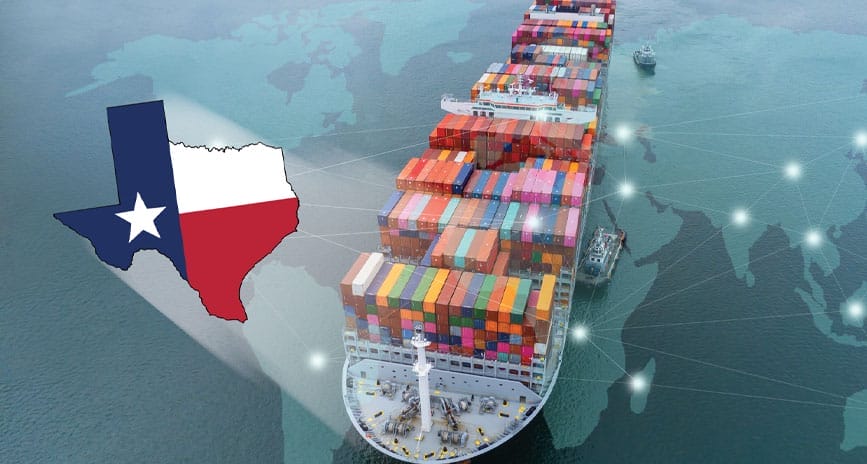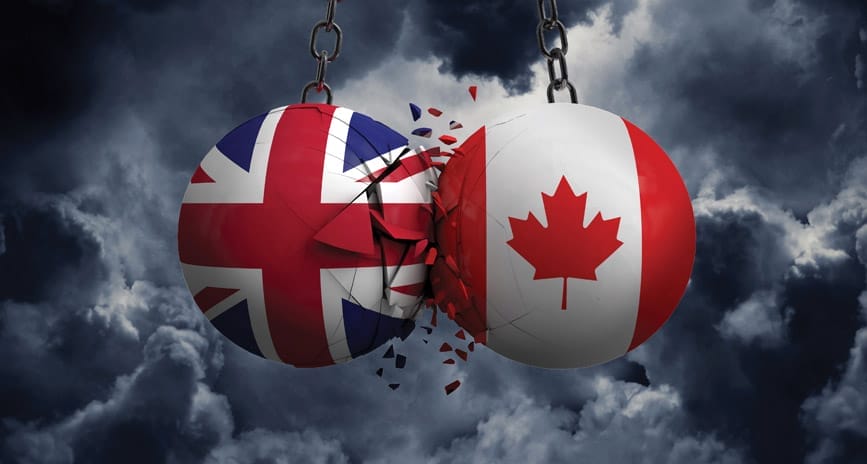As the UK aid effort to support Ukraine grows, Marie Boyer, MD of independent cross channel and European road freight specialist France Line International Transport Ltd, discusses how to ensure the help you offer is actually helpful.

“The conflict in Ukraine has left many people feeling they want to help by collecting and sending donations. The result is that many who don’t work in freight forwarding, international trade, or international aid, have been trying to take goods abroad without even knowing of or understanding the customs documents required. And unsurprisingly, they have encountered problems. Understandably, most people’s focus is on helping. They don’t realise that, since Brexit and the UK leaving the EU customs union, the UK has created a hard border with its European neighbours and customs clearances are needed. We heard of several groups with donations stuck at Dover because they either had no customs paperwork or it was incorrect. We’ve seen examples of vans being turned away at the port and unable to ship into France for onward travel to the countries close to Ukraine.
“At first, it was easier to ship into the Netherlands than France since the Dutch have changed their customs procedure for humanitarian aid going to Ukraine. Aid is now classified as ‘non-commercial goods’ so it gets transported without delay and the process is simplified. But even so, customs documents still apply. So what’s the best way to approach getting aid to Ukraine while avoiding time consuming (and potentially costly) complications? Here’s my advice:
- Work with established charities and follow their advice that cash is best. With cash, aid groups can support local people and businesses and buy what they need locally and support the local economy. Cash is not only the best way to help border countries supporting refugees. It is also a more environmentally friendly way compared to physically shipping goods around Europe.
- Think long and hard before sending any goods. Firstly, consider whether the aid you are offering is going to be welcomed. Send what is really needed, not what you think is needed. Secondly, items should be expected at their destinations, with plans of where and how they will be handled. Remember that supplies need storing, sorting and distributing, which places huge pressure on teams on the ground. Also, if goods are unwanted, they may disrupt more vital supply chains and they will only end up in landfill, and disposal costs are high.
- If you are sending goods, try not to mix loads. We have heard of people filling up vans with food, medical equipment, clothing and nappies, but the more you mix categories of goods, the greater the number of customs codes and the chance of a paperwork issue.
“To be clear, I completely support making donations and offering whatever help you can (we’ve been giving lots of free advice to people, for example). I do understand concerns from those who feel direct donations help to avoid the major charities’ overheads. But humanitarian logistics is quite specific. The charities understand that. It’s their field. It is impossible not to be affected by the horror unfolding in Ukraine. In one way or another, we will all be affected by it. But we can all do our part by not adding to a complex, challenging situation for aid agencies.”
For more information about France Line International Transport Ltd call 0161 746 8339
or email info@francelinetransport.co.uk
francelinetransport.co.uk




